At Home in the Universe: Exploring Our Suprasensory Nature
5 lectures at The Hague, November 13-18, 1923 (CW 231)
What is our relationship to the planets we see in the night sky? Does the cosmos have any affect on our individual lives? Modern science tells us that we are an insignificant accident in a vast, indifferent universe. Rudolf Steiner maintains that we are intimately enmeshed with the whole cosmos, right down to the very structure of our physical bodies.
In these talks, Steiner explores our relationship as individuals to the spiritual cosmos—where we will all become cosmonauts one day. The key to being at home in the universe is to comprehend the significance of our individual, physical lives on Earth and what happens when we leave our physical bodies behind.
Steiner describes his view of our journey after death and our subsequent return to Earth and a new life. He describes the “planetary” spheres through which we pass and how they affect our future life. He shows us how our character and actions on Earth affects us after we die, and how those experiences in turn shape our next physical life.
This is not just more information to add to our already overloaded store of abstract concepts; Steiner gives imaginative exercises that help us explore our suprasensory, spiritual nature. We can begin right now to act more consciously by recognizing the concrete nature of morality and the real consequences of our present lives.
The introduction and comprehensive afterword by Paul Margulies explain and contextualize Steiner’s text, revealing a message that is more vital and relevant than ever in our frenzied, materialistic times. This book can help us experience more meaning in life and become more at home as spiritual citizens of the universe.
Contents:
Introduction by Paul Margulies
1. “A Speck of Dust?”
2. “Interweaving Our Destinies”
3. “Through the Spheres”
4. “Through Midnight to Birth”
5. “Earth and the Mystery of Karma”
Afterword by Paul Margulies
Title of the original German edition: « Der übersinnliche Mensch, anthroposophisch erfaßt. »
This volume is a thoroughly revised edition of the book Supersensible Man.
About the Author
Rudolf Steiner (1861–1925) was born in the small village of Kraljevec, Austro-Hungarian Empire (now in Croatia), where he grew up (see right). As a young man, he lived in Weimar and Berlin, where he became a well-published scientific, literary, and philosophical scholar, known especially for his work with Goethe’s scientific writings. At the beginning of the twentieth century, he began to develop his early philosophical principles into an approach to systematic research into psychological and spiritual phenomena. Formally beginning his spiritual teaching career under the auspices of the Theosophical Society, Steiner came to use the term Anthroposophy (and spiritual science) for his philosophy, spiritual research, and findings. The influence of Steiner’s multifaceted genius has led to innovative and holistic approaches in medicine, various therapies, philosophy, religious renewal, Waldorf education, education for special needs, threefold economics, biodynamic agriculture, Goethean science, architecture, and the arts of drama, speech, and eurythmy. In 1924, Rudolf Steiner founded the General Anthroposophical Society, which today has branches throughout the world. He died in Dornach, Switzerland.
Paul Margulies majored in philosophy at Dartmouth College and was creative director for advertising agencies in New York, London, and Paris, where he helped develop advertising campaigns such as the “plop, plop, fizz, fizz” commercials for Alka-Seltzer. He was the author of Gold Steps, Stone Steps (1972, Harlan Quist) and lectured on philosophy and Anthroposophy at the Open Center in New York and at Rudolf Steiner House in London. He also led study groups on Anthroposophy. Paul and his wife Vickie lived for many years with their dog Toto in an old farmhouse in western Massachusetts. Paul passed away on October 7, 2014.

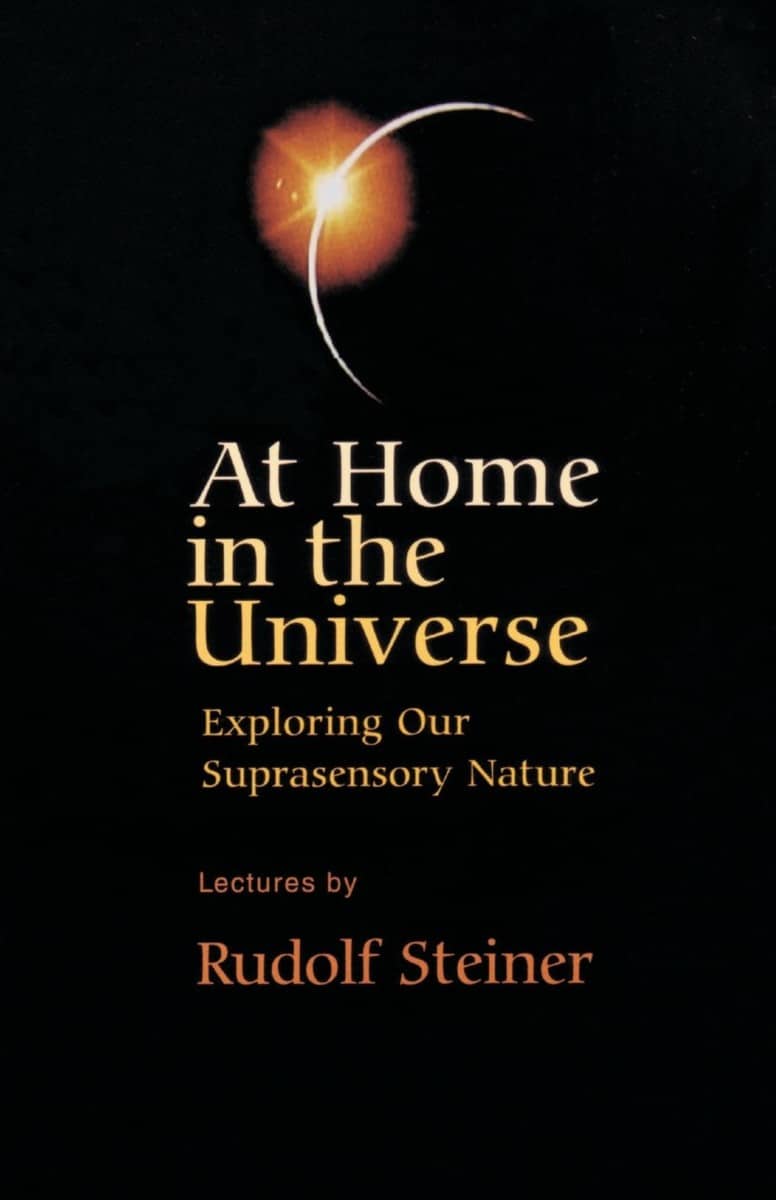



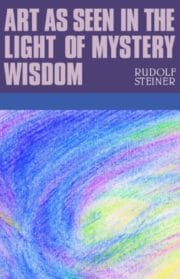
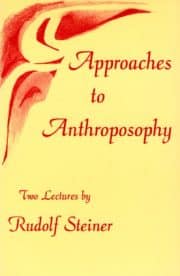

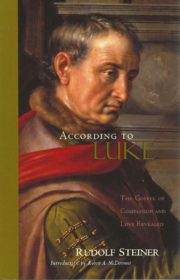
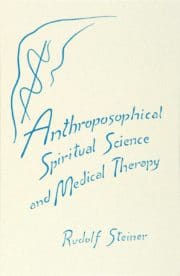


Reviews
There are no reviews yet